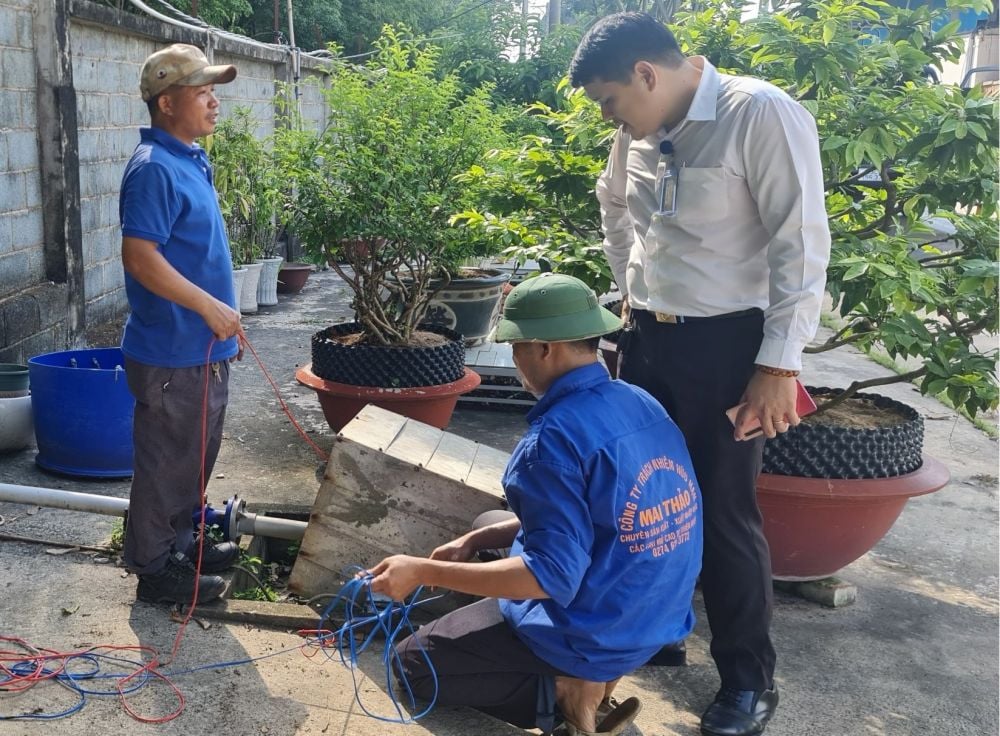
Tighten mining licensing
According to experts, excessive exploitation of groundwater can also cause water pollution and subsidence. The underground water aquifers in Binh Duong are very thin and susceptible to pollution if pollutants infiltrate from the ground, especially when wells are not properly protected. Without strict control, groundwater pollution will spread and seriously affect public health.
Mr. Le Van Tan, Head of the Water Resources - Minerals Division, Department of Agriculture and Environment, said that in 2023, Binh Duong completed the adjustment of the water resources planning for the period 2021-2030, with a vision to 2050. In particular, Binh Duong prioritizes protecting important aquifers, zoning off areas where exploitation is restricted in areas showing signs of subsidence and pollution. At the same time, the licensing of underground water exploitation is also being tightened. Binh Duong has temporarily stopped issuing new exploitation licenses in areas where there is a centralized water supply system. For businesses and production facilities with high demand, the province requires them to switch to using surface water or connect to the urban water supply system. The extension and adjustment of exploitation licenses are also carefully reviewed to prevent widespread exploitation.
In addition to planning, Binh Duong is investing heavily in the groundwater monitoring system. According to the Center for Monitoring - Technical Resources and Environment, maintaining continuous monitoring helps promptly detect unusual changes, thereby recommending measures to adjust exploitation or handle pollution if there are signs of water quality degradation. Currently, in the province, there are 24 enterprises with 76 wells and 24 rural centralized water supply stations with 100 wells that have installed automatic groundwater monitoring equipment, connecting to transmit data to the Department of Agriculture and Environment.
From 2024, Binh Duong will also conduct a periodic inventory of water resources every 5 years according to new regulations in the 2023 Law on Water Resources. The inventory aims to assess actual underground water reserves, thereby serving as a basis for management and licensing in accordance with the supply capacity of each region.
Increase the use of water supply systems
One of the important solutions to manage and protect underground water resources today is to strengthen propaganda and education for people and businesses on using water economically and protecting water resources, and encourage the use of surface water.
Typically, in Phu Giao district, the locality is implementing many solutions to reduce dependence on groundwater, gradually switching to using surface water and centralized water supply systems to serve daily life and socio-economic development. Accordingly, in rural areas, the locality limits the situation of people exploiting groundwater themselves, instead promoting the model of "State and people working together", with the goal of each commune building 1-2 small-scale clean water supply stations, effectively serving concentrated residential areas. For scattered residential areas without access to tap water, people are encouraged to install household water filtration systems according to the rural clean water program to ensure that domestic water meets standards in actual conditions.
For the urban area of Phuoc Vinh town (Phu Giao district), Phuoc Vinh Water Plant is being upgraded in capacity. After 2025, the district will invest in building Phuoc Vinh 2 Water Plant in Vinh Hoa commune (scale of 2.89 ha, capacity of 60,000 m³/day and night by 2040), using surface water from Giai stream and Be river. In addition, in Tam Lap commune, a new water plant is also planned with a scale of nearly 8 ha to serve the industrial park and surrounding residents, ensuring stable and sustainable water supply.
In fact, access to clean water has brought practical results to people's lives. Ms. Dinh Thi Mai, residing in Hamlet 1A, Phuoc Hoa Commune, Phu Giao District, shared: "My family uses water from a clean water supply project, the quality is very guaranteed, the water is always cool, odorless, very convenient".
Mr. Le Van Tan said that in addition to infrastructure investment, the community needs to raise awareness of protecting water resources, using water economically in daily life and actively participating in environmental protection activities. For businesses, especially factories, Binh Duong encourages the application of cleaner production technology and standard wastewater treatment to minimize pollution. Only when the whole society joins hands to take practical actions can water resources be protected sustainably.
As of 2024, the province will have about 185,653 boreholes for groundwater exploitation, most of which belong to households (181,074 holes), the rest belong to enterprises, agencies and units. Recently, the Department of Agriculture and Environment has organized many propaganda activities in response to World Water Day (March 22) to raise public awareness about water resource protection. Through propaganda, people will understand the importance of saving water, avoiding waste and protecting groundwater resources from pollution, and at the same time, propose solutions to protect groundwater resources, including investigating and identifying areas at risk of pollution and filling unused damaged wells. |
PROGRESS
Source: https://baobinhduong.vn/bao-ve-tai-nguyen-nuoc-ngam-truoc-nguy-co-suy-giam-a345515.html


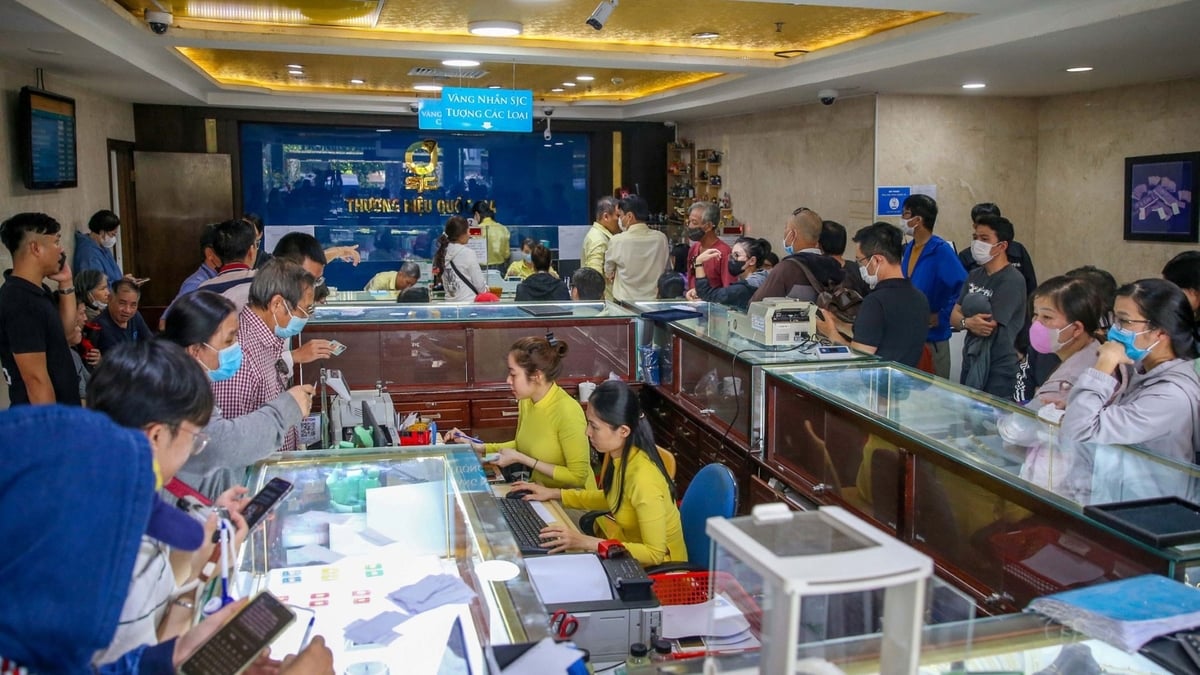

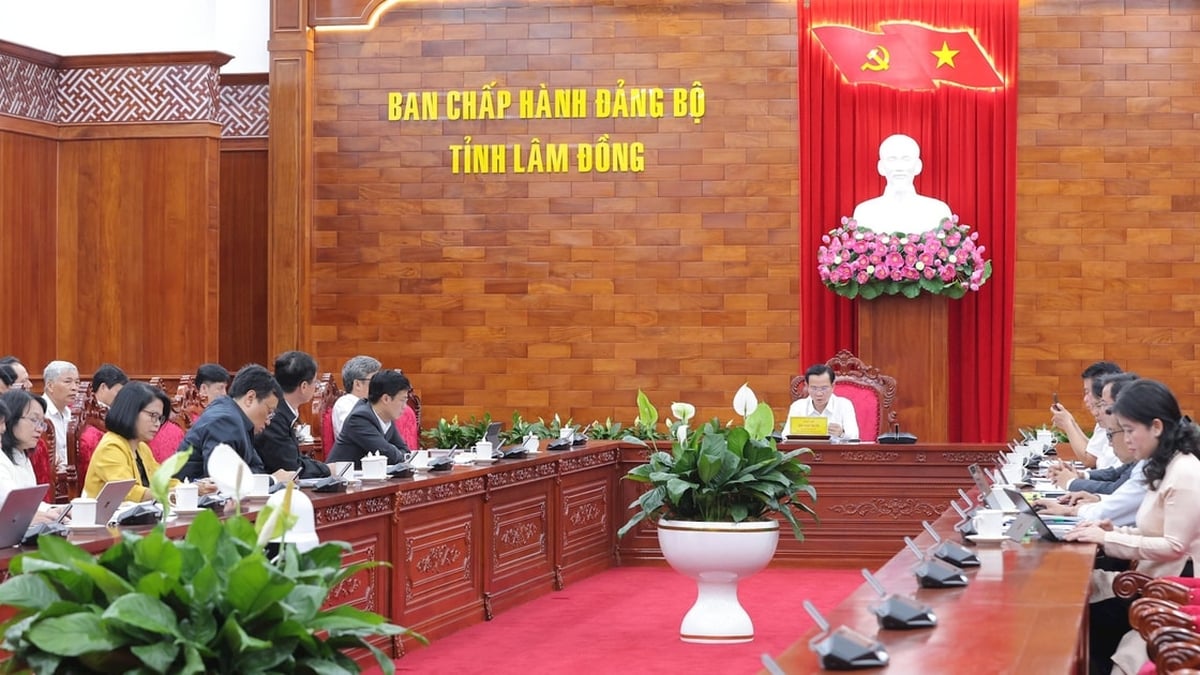
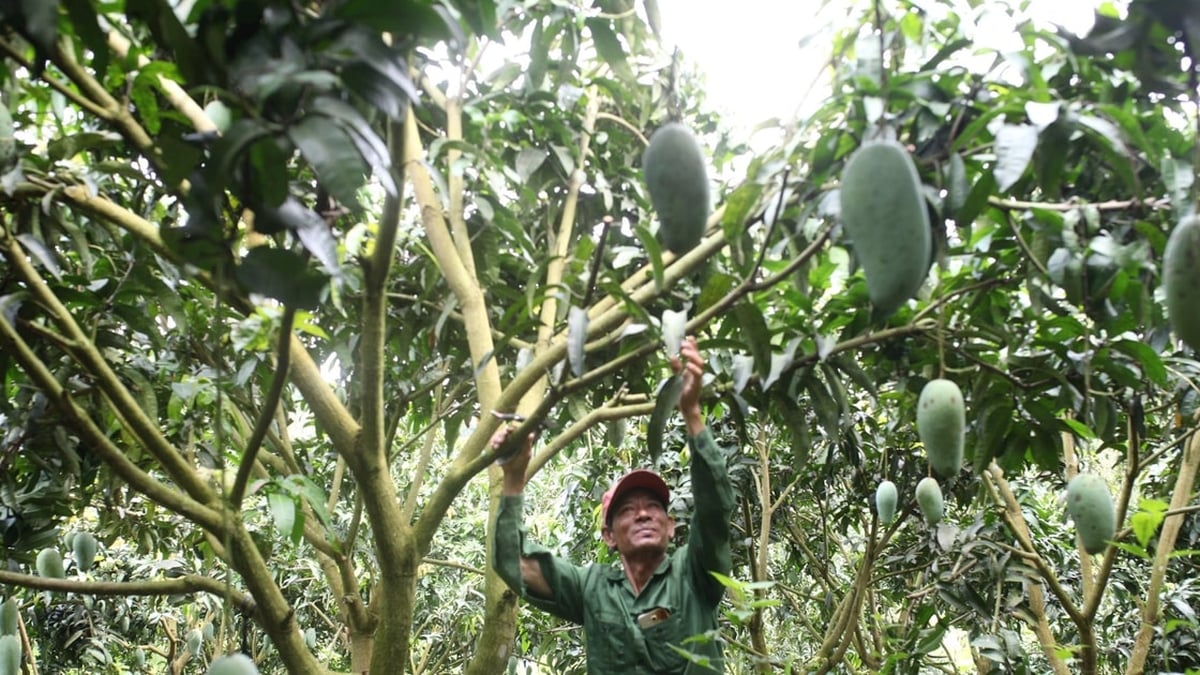
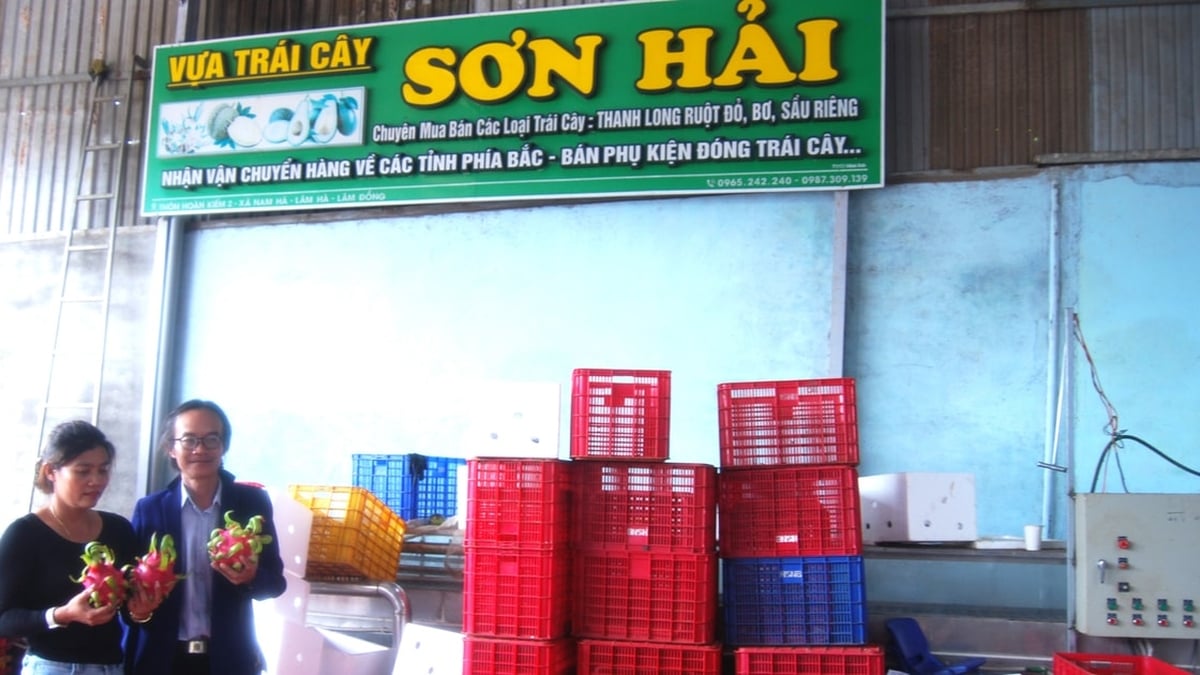
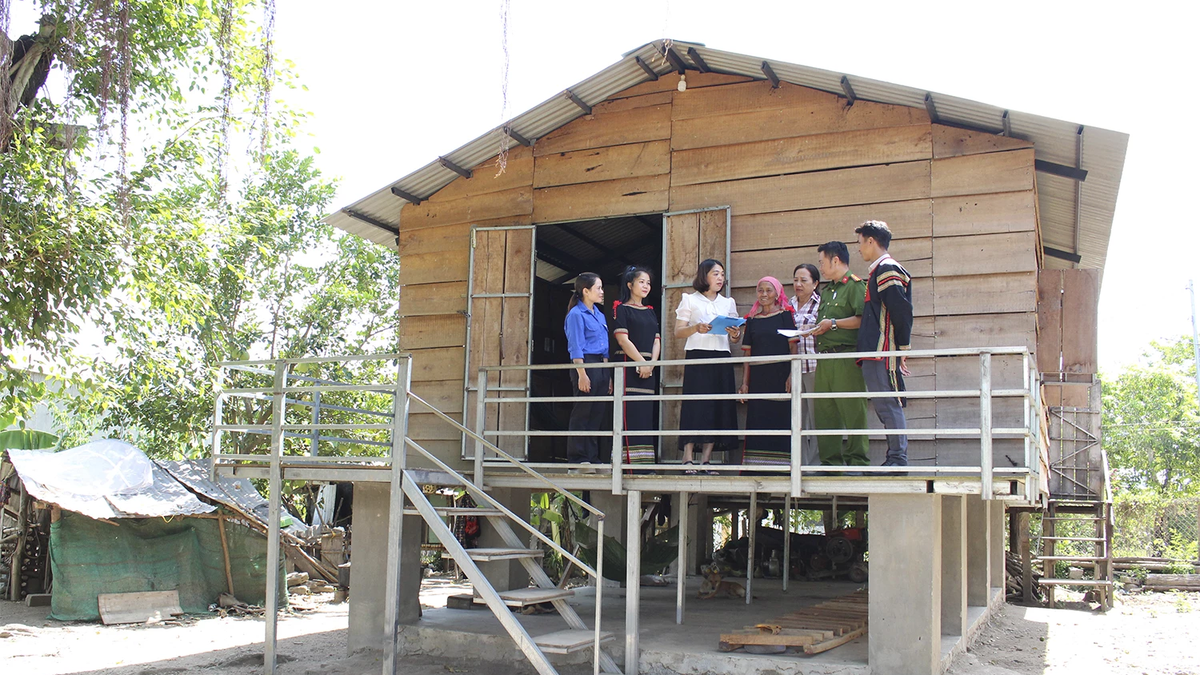
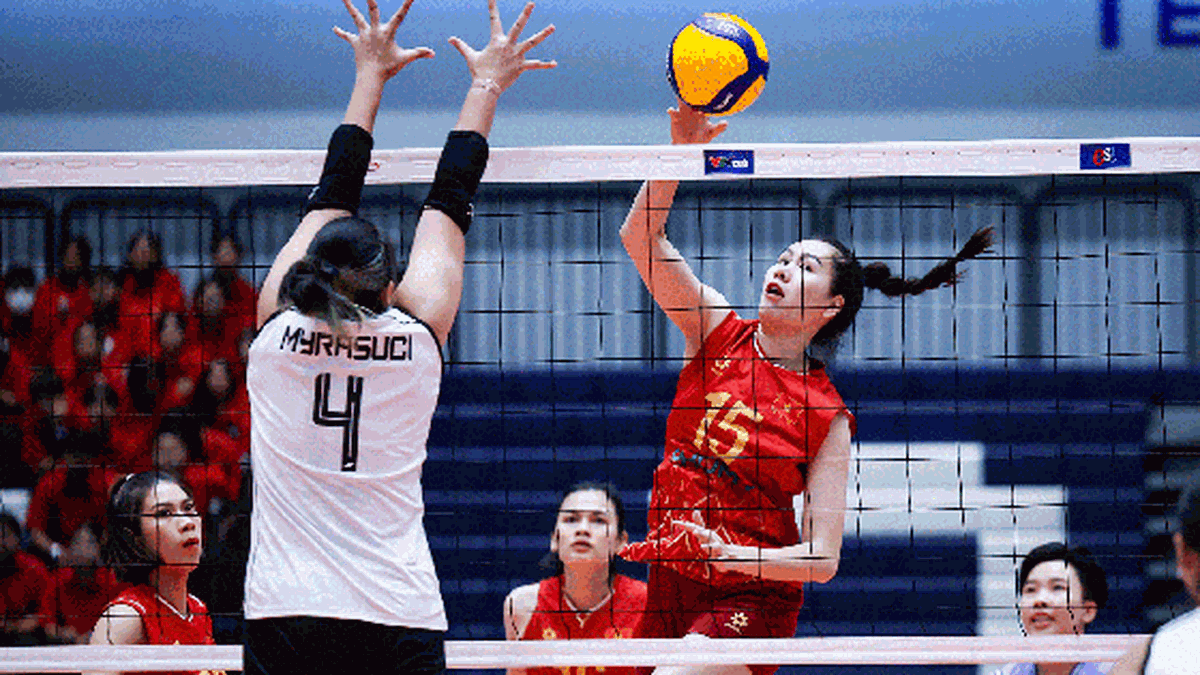

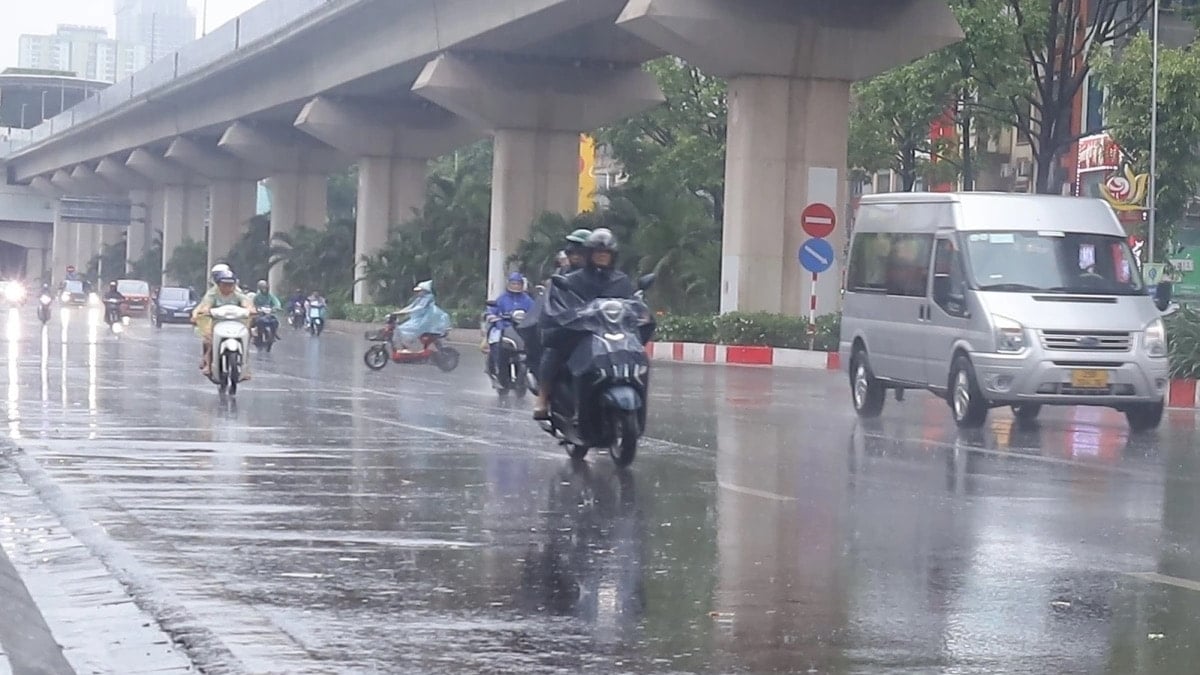
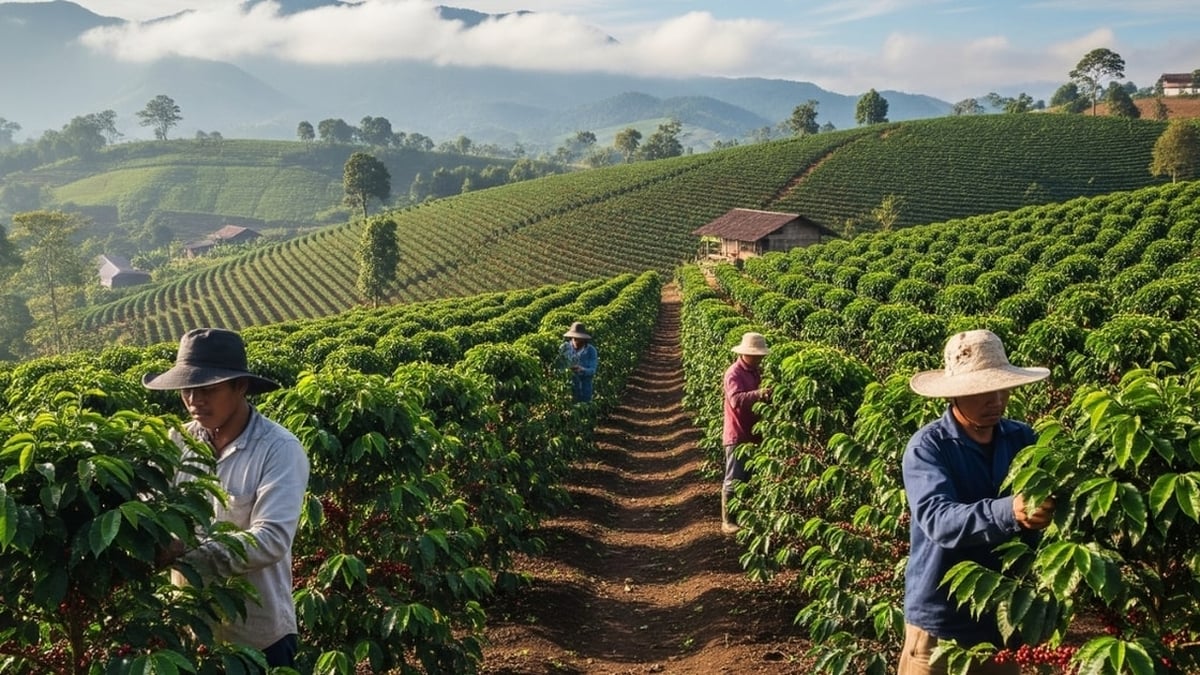




























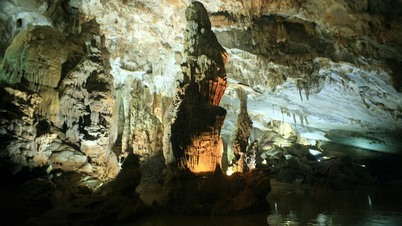

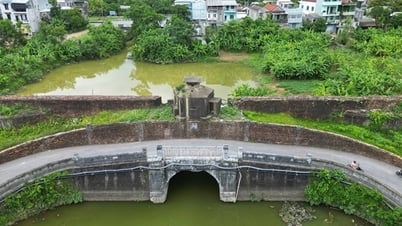











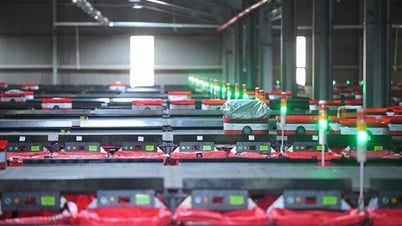

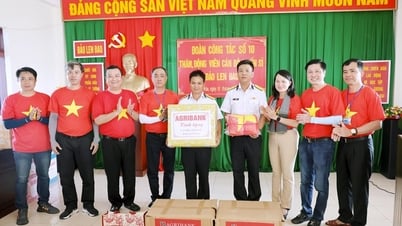

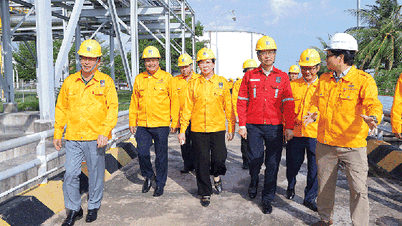





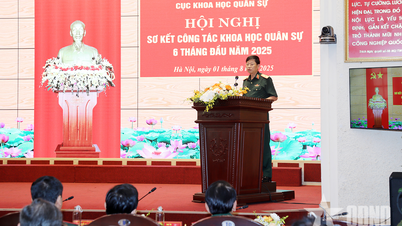

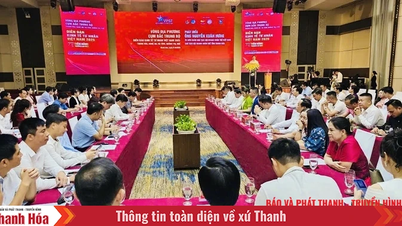

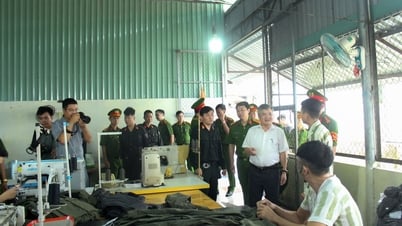


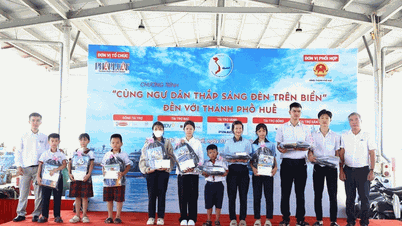






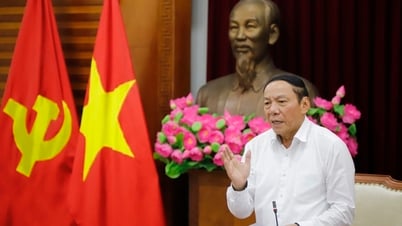
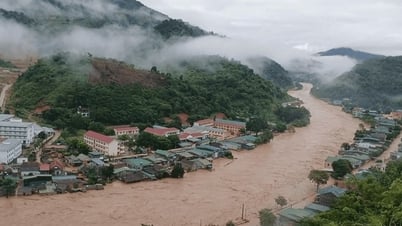























Comment (0)